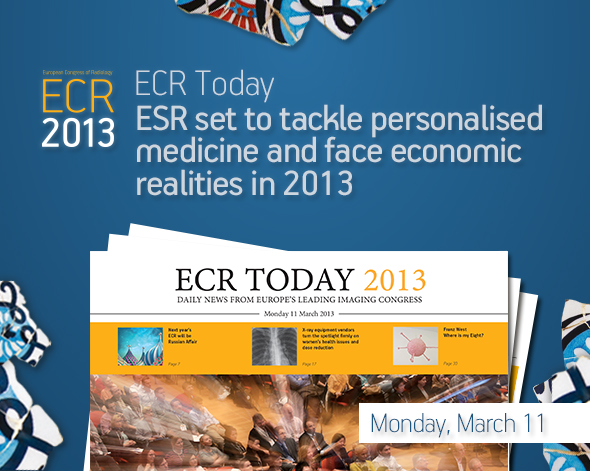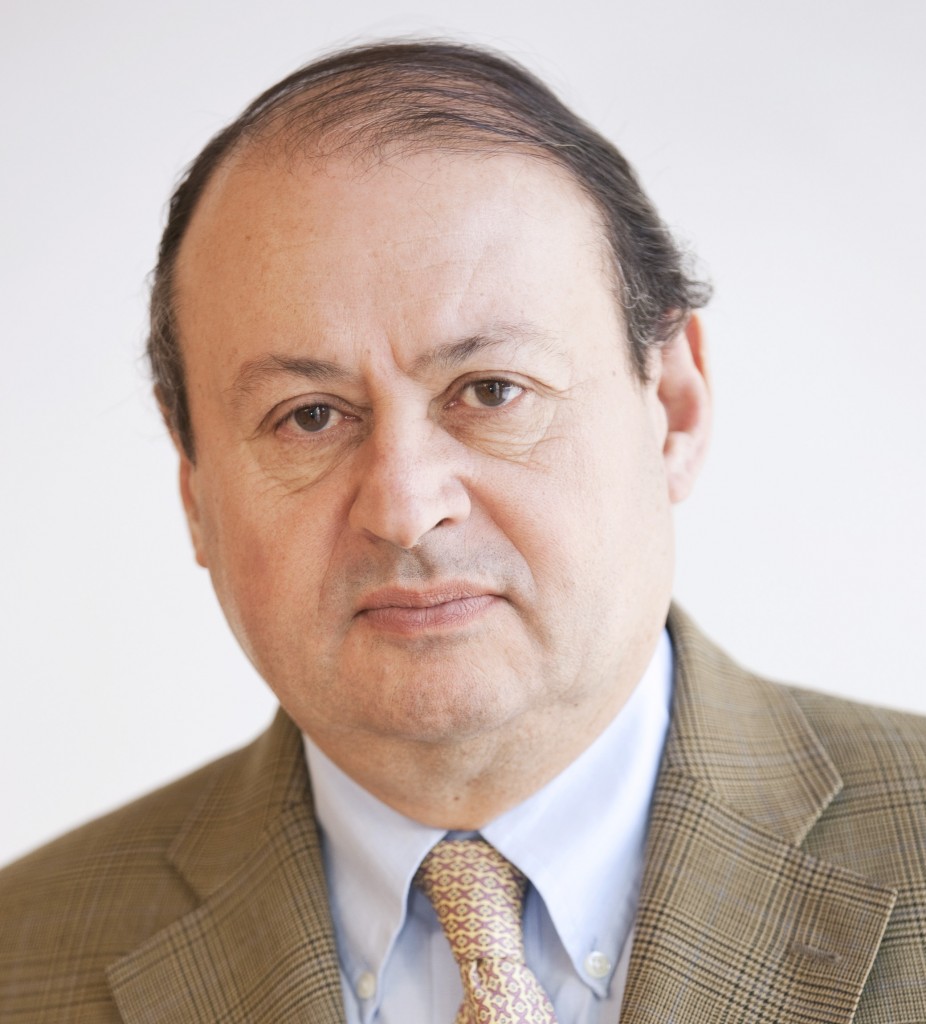
In an interview with ECR Today, incoming ESR President, Professor Guy Frija explained how the ESR should address the challenges raised by the explosion of ‘omics’ data and the advent of personalised medicine, as well as how it should assess the impact of the financial crisis on the specialty.
ECR Today: What are your plans and ambitions regarding your presidency?
Guy Frija: The development of the ESR since its establishment in 2005 has been amazing: the ESR is now the biggest radiological society in the world, and its annual meeting, the European Congress of Radiology (ECR), is one of the best radiology congresses worldwide. All of this is the result of intense activity in several fields, such as education, research, professional challenges and publications, for the development of which the role of my predecessors was instrumental, along with the dedication of many of our colleagues. Therefore my first goal is to keep up this momentum and run the society appropriately, in accordance with its new statutes. However, life is challenging, and we will have to face many new issues in the coming year.

Professor Guy Frija is head of the imaging department at the Georges Pompidou European Hospital (Hôpital Européen Georges Pompidou, H.E.G.P.) in Paris.
The explosion of ‘omics’ (such as metabolomics, proteomics, genomics) data is changing the face of medicine so considerably and rapidly that, if we don’t pay enough attention, our specialty could be threatened. Personalised medicine is not a just a dream, but an actual reality, and we have to adapt our specialty to this new paradigm. This year, DNA sequencing could become available for less than €750 (US$1,000), and in the UK, the Prime Minister David Cameron has launched a programme for the development of personalised medicine. The development of personalised imaging, which has already begun in oncology, should be taken further, and we have to appreciate its impact on education. I will ask two or three subspecialties to reconsider their training charters in light of these new developments. The data explosion related to these changes raises not only the problem of their management, but also of their interpretation in an integrated way: the imaging parameters should be included in this new data knowledge organisation, where knowledge modelling will become a major challenge. The establishment of imaging biobanks should be promoted along with adapted data privacy regulation.
Read more…


